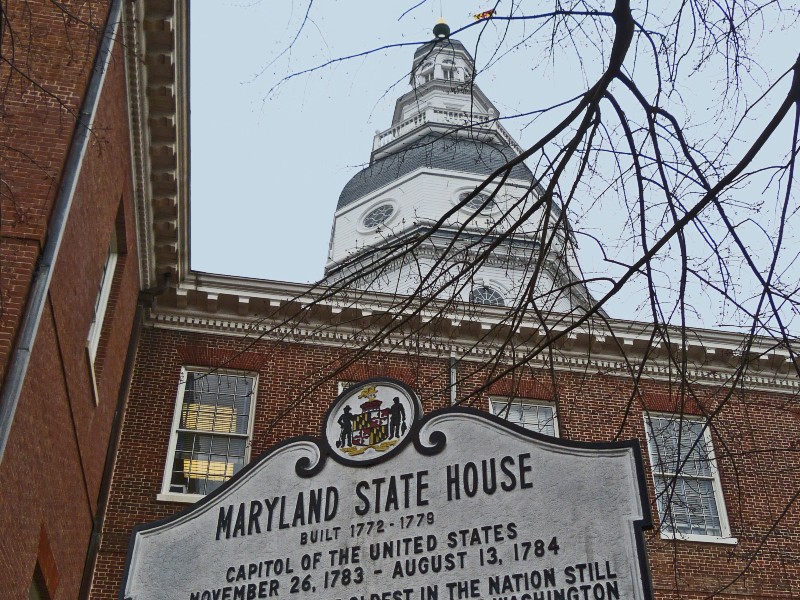As the Maryland General Assembly returns and the pace of activity picks up, Preservation Maryland and its team of preservationists and advocates are combing through recently introduced legislation to make certain the preservation community has a seat at the table.
In addition to reviewing legislation, the organization is also working closely with key partners on new legislation that will be introduced in the coming days and weeks. Today also marks the introduction of the proposed state budget – a document our team is also closely reviewing and will update advocates on later this week.
In the meantime, here’s the legislation we’re keeping an eye on and already supporting:
Department of Natural Resources Administration Bills
Preservation Maryland fully supports the bills introduced by the administration that deal with technical and simple fixes and updates to the department’s ability to preserve historic structures at the Belt Woods Natural Environment Area, as well as providing more flexibility in the use of Great Maryland Outdoors Act funds as opportunities present themselves.
Belt Woods Natural Environment Legislation (Natural Resources – Wildland Areas – Belt Woods Wildland SB300)
This piece of simple legislation provides the department with the authority to rehabilitate historic properties at the site – some of which date to the late 18th century. Currently, the department is forbidden from making any improvements to the site, which is considered a Special Maryland Wildland. Just 8 miles from the D.C. border, the site is a National Natural Landmark and is one of the remaining stands of old growth hardwood forest on the Atlantic seaboard.
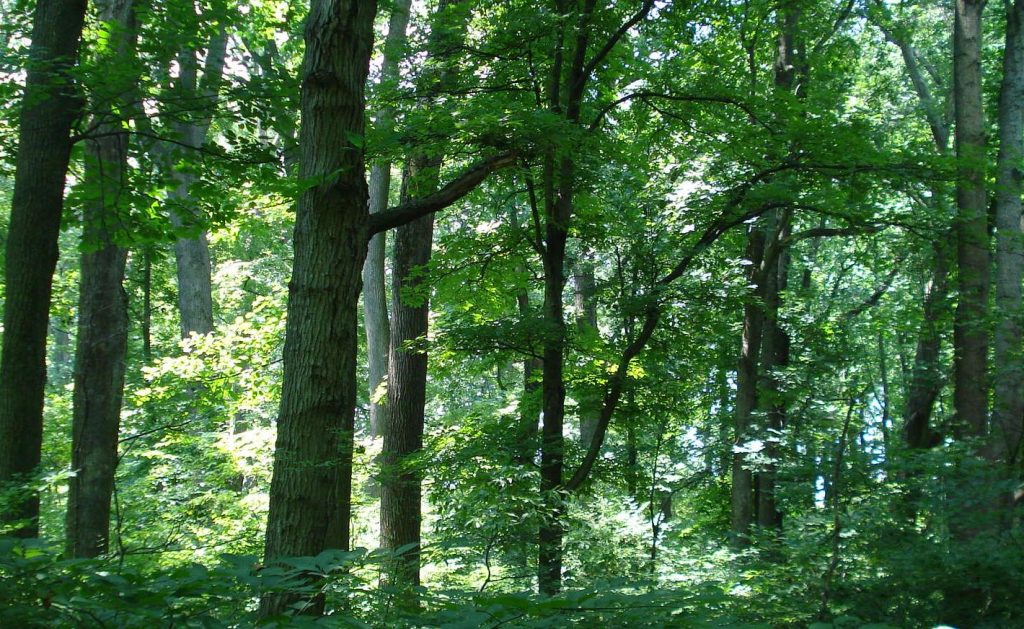
Why we Support This: The legislation will not change the status, protection, or preservation of the forest, but only permit the department to expend funds to stabilize the equally important 18th-century structures on-site before they are lost.
Great Maryland Outdoors Act Amendments (Natural Resources – Maryland State Parks – Funds and Plan Alterations SB259/HB228)
These simple amendments will permit the Department of Natural Resources (DNR) to shift specific transfer tax funds designated for various uses within the original act based on existing needs. Currently, the language of the act reads that a certain amount of funds will be expended on land acquisition – the amended language provides DNR with some flexibility by allowing up to that amount be expended on land acquisition, thus allowing the agency to potentially shift funds to park development or historic preservation, as opportunities arise.
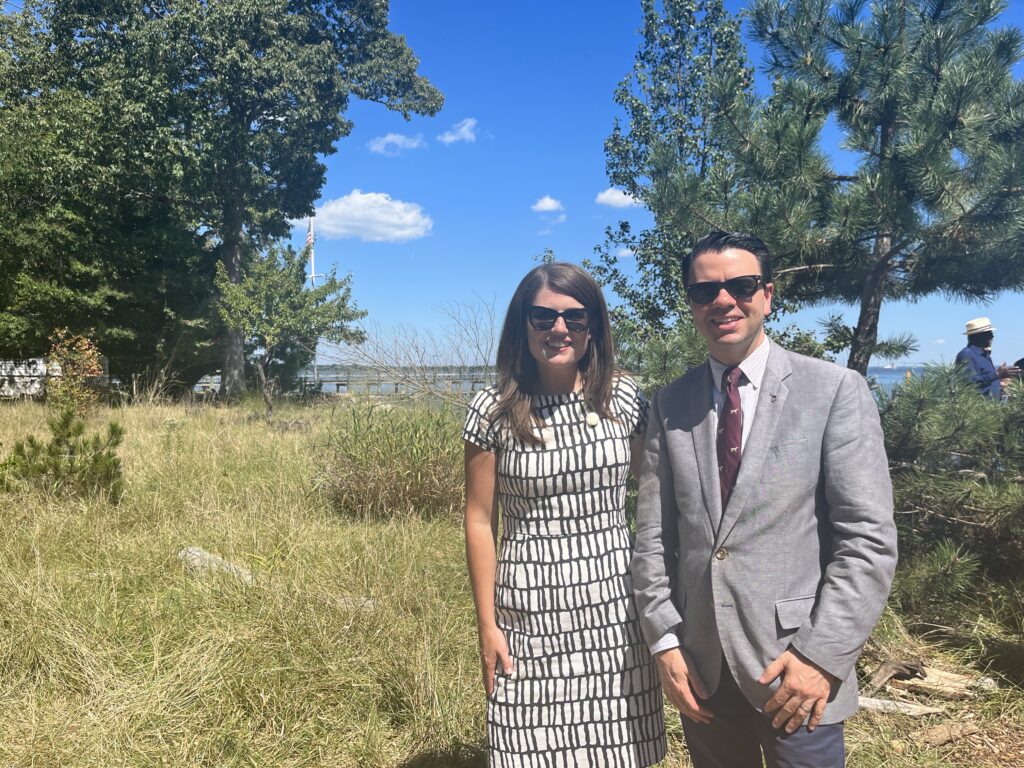
Why We Support This: The original intent of the Great Maryland Outdoors Act was to provide greater support for park operations, maintenance, and activation of new spaces for the growing number of park visitors. These simple amendments help the department address that intent more holistically by being provided with the ability to shift funds to address current critical needs while still permitting significant investment in land acquisition for new parkland.
Commission to Study African American Civil War Soldiers in Maryland (HB133)
This new commission would be empaneled to study African American troops recruited from Maryland in order to make certain recommendations regarding potential curriculum, memorials to these soldiers, and opportunities to increase awareness of the nearly 9,000 black soldiers from Maryland who fought in the American Civil War.
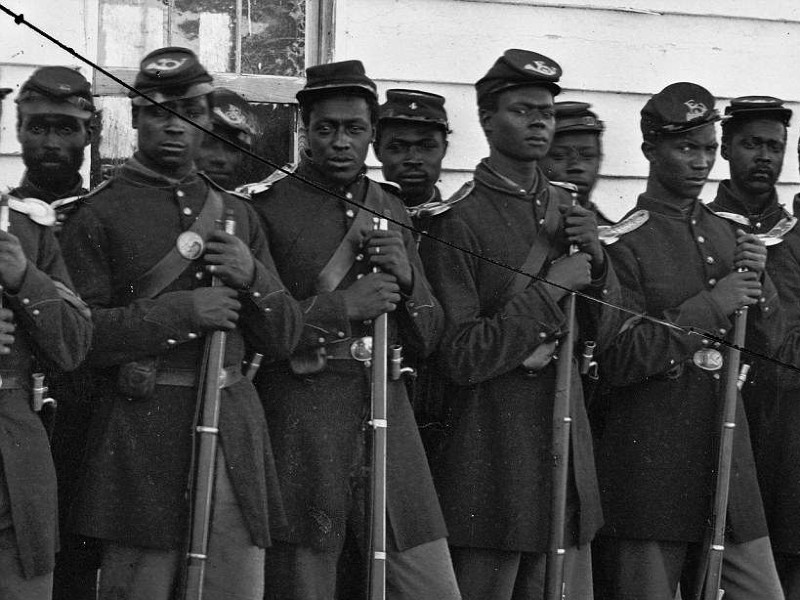
Why We Support This: Preservation Maryland supports efforts like these which bring attention to the unique and diverse history of the state – especially efforts that could result in preservation, recognition, and interpretation of the state’s heritage.
Expedited Development Review Processes for Affordable Housing
Land Use – Expedited Development Review Processes for Affordable Housing – Requirements (HB3/SB356)
Back for a second year after an initial introduction in 2023 with an updated approach, this legislation will require local governments to develop a streamlined development review processes for nonprofit organizations pursuing the development of affordable housing on adjoining land (often parking lots, etc.) under their ownership. From churches to museums, many non-profit organizations own vacant and underutilized property which could be transformed into productive use as affordable housing. Expediting that process is critical to keep costs down and produce more units of affordable housing. Jurisdictions may request a waiver from developing an expedited process if they have a legitimate impediment preventing them from establishing a process.
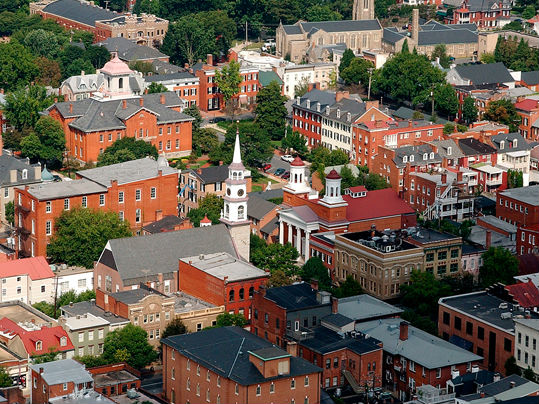
Why We Support This: Moving the process forward to develop more affordable housing, especially in existing communities, where infill should be developed is a priority for Preservation Maryland and its statewide program Smart Growth Maryland.

